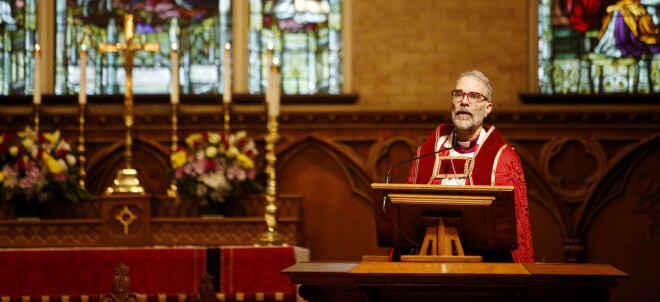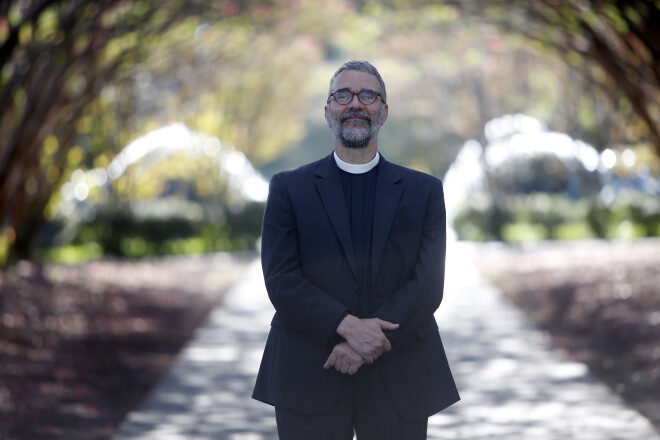How Lovely is Thy Dwelling Place: A Two-Year Catechetical Round

Introduction
- the Narthex: coming to faith, natural knowledge of God
- the Stained Glass: the light on our path: revelation: The Bible
- the Sanctuary I: who is Jesus Christ? incarnation, atonement, resurrection
- the Sanctuary II: who is God? The Trinity, divine attributes, election, grace
- the Nave I: the human being, created, broken, redeemed, hopeful; justification
- the Nave II: the nations, Christ and culture, mission, conversion, theology
- the Font, the Pulpit, the Table: the sacramental life
- the gothic façade: following the Lord Jesus in the Anglican way
- Departing the Church door I: into the street: ethics, evangelism, prayer, dialogue with the world, callings and ministries
- Departing II: the ‘last things,’ our purpose, death, ‘sure and certain hope’
Trinity Sunday
Dear Reader,
Greetings in Christ. Over the past three or so years I have tried to offer blog entries which have engaged issues of ministry, works of theology, and the intersection of faith and our culture. I am grateful for those who have been following along.
But there comes a time to change things up, so I am embarking on something different for the next two years. I want to offer, in 100 installments, a catechism of our faith. The design of this personal project may be found in the accompanying outline. I will offer a summary of what the Christian tradition has taught on a subject, the question it answers which we may have asked ourselves, what it isn’t saying, what difference it makes in our lives, and where one might go to read more. All of this does not aim at originality, but rather clarity. Nor does it aim to foreclose the continued posing of questions: Christian truth is like a pond whose water is clear, but which can go as deep as we may be able to swim. What I have in mind would follow roughly the stages of Benedictine homiletics: explication, meditation, application.
As you can see from my outline, the root metaphor is faith is a church, its doctrines the parts thereof. There is a movement from the door to the holy place, and then back out the door again, as we move every Sunday morning. Here I want to acknowledge my debt to the great Anglican priest and poet George Herbert, who wrote metaphoric poems about his Church’s porch, floor, windows, etc., (though you are sure not to find in my offerings his poetic genius!). I mean over these two years to build me a metaphoric church, and invite you to accompany me along the way.
Peace,
+GRS




